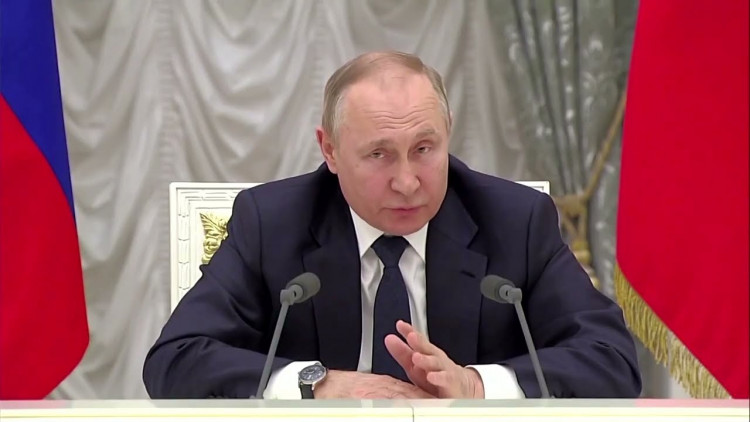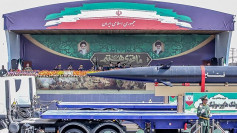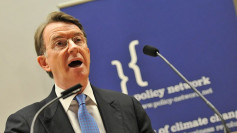Russian President Vladimir Putin on Thursday expressed conditional support for a U.S.-brokered 30-day ceasefire in Ukraine but outlined a series of demands that analysts say amount to a de facto Ukrainian surrender. Speaking at a press conference alongside Belarusian President Alexander Lukashenko, Putin insisted that any halt in fighting must pave the way for a "long-term peace" and address what he called the "root causes" of the conflict.
Putin signaled openness to the truce, which Ukrainian President Volodymyr Zelensky has already endorsed, but said there were "nuances" to resolve. Chief among Russia's conditions is a guarantee that Ukraine will not join NATO, a demand that Western governments have previously rejected. Putin also suggested that Ukraine must cease troop mobilization, halt military training, and accept that it will not regain occupied territories. "If we ceased hostilities for 30 days, would it mean that everybody there would leave?" he asked, referring to Ukrainian forces still present in the Russian-occupied Kursk region. "Should we release them after they committed serious crimes against civilians there?"
The Russian leader also emphasized that Moscow's forces are advancing "practically in every sector of the contact line" and questioned whether a ceasefire would interrupt their progress. "The situation is fully under our control and the group that invaded our territory has been isolated, fully isolated," Putin said, warning Ukrainian troops in the region to "surrender or die."
Putin's comments came as American special envoy Steve Witkoff arrived in Moscow for talks with Kremlin officials. While the specifics of those discussions remain unclear, the meeting was expected to focus on the ceasefire proposal. Putin thanked Mr. Trump for "giving so much attention to a settlement in Ukraine."
Zelensky quickly dismissed Putin's response as a delaying tactic. "Now we have all heard from Russia the very predictable, very manipulative words of Putin in response to the idea of silence on the front - he is actually preparing a refusal as of now," he said. "Putin, of course, is afraid to tell President Trump directly that he wants to continue this war, wants to kill Ukrainians."
The Ukrainian leader also accused Moscow of using diplomatic maneuvers to extend the conflict. "Putin often does this - he does not say no directly, but he does it in such a way that practically everything only delays and makes normal decisions impossible," Zelensky said. He urged Ukraine's allies to impose additional sanctions to pressure Russia into accepting the ceasefire on equitable terms.
Trump, for his part, characterized Putin's response as "promising" but incomplete. "I'd love to meet with them or talk to him, but we have to get it over with fast," he said during a meeting with NATO Secretary General Mark Rutte. "Every day, people are being killed." Trump also hinted at ongoing discussions regarding territorial concessions. "A lot of the details of a final agreement have actually been discussed," he said.
Russian officials, meanwhile, took a harder stance. Kremlin aide Yuriy Ushakov said Moscow does not want a temporary ceasefire, claiming it would merely provide Ukraine's military with a "respite." Russian Foreign Ministry spokesperson Maria Zakharova stated that Moscow would not tolerate any foreign military presence in Ukraine, including potential peacekeeping forces. "For us, it is absolutely unacceptable to deploy units of the armed forces of other states in Ukraine under any flag," she said, adding that Russia would respond "with all available means."
Putin also took the opportunity to reiterate Russia's position on economic matters, stating that while Moscow remains under heavy Western sanctions. He added that foreign companies interested in returning to Russia would be welcomed but gave no indication that he expects sanctions to be lifted in the near future.





